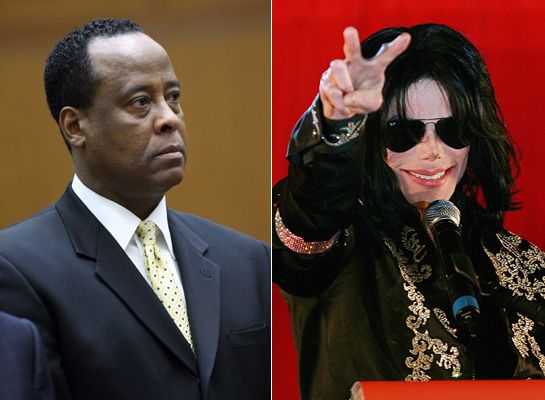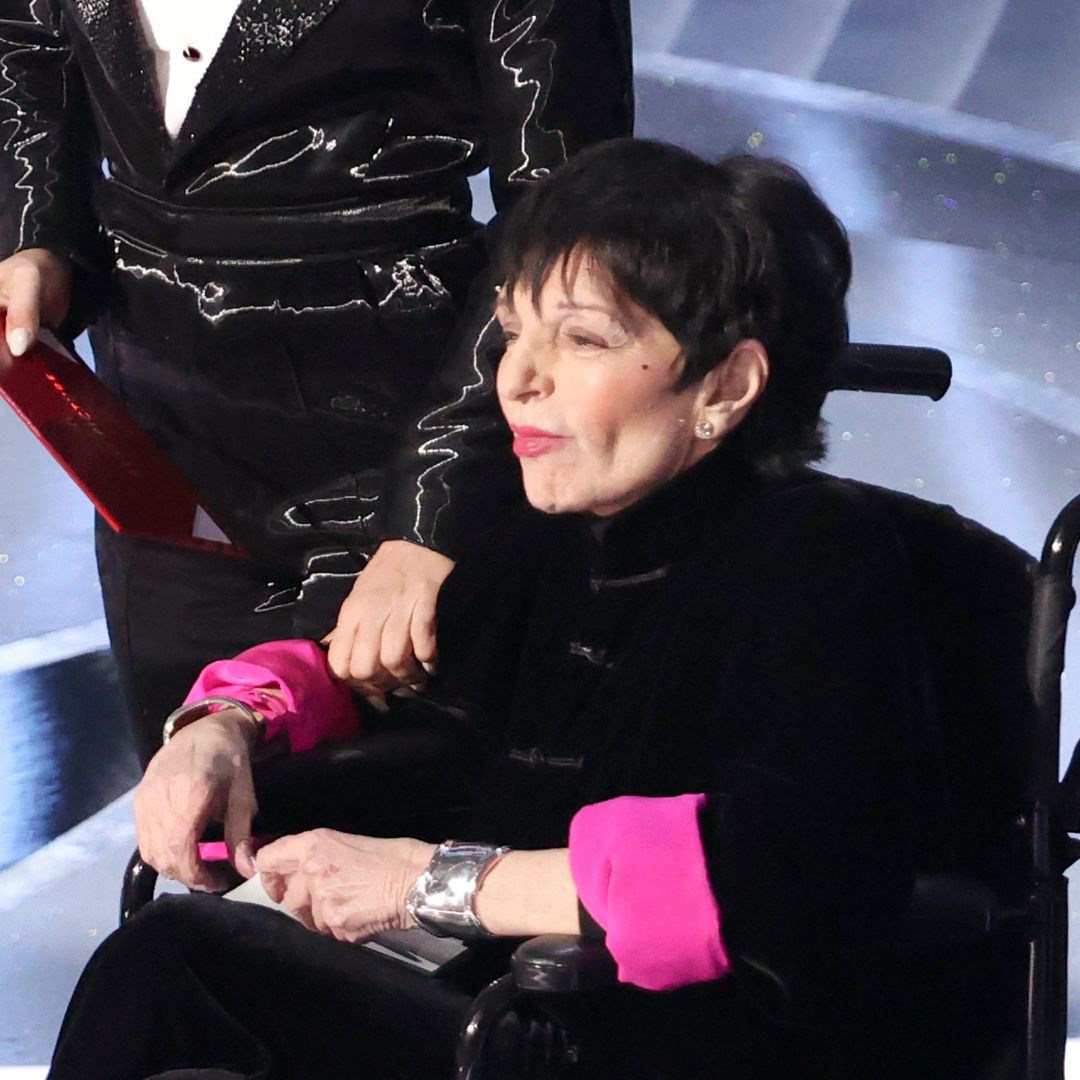Doctor Conrad Murray, the personal physician of Michael Jackson will stand trial for involuntary manslaughter, it has been ruled.Judge Michael Pastor said there was enough evidence to proceed with a case after the LA preliminary hearing into his death.Family members including LaToya and Janet Jackson were present to hear the judge's ruling. Outside the court, fans hugged each other after they heard the news.
Dr Murray's license to practice medicine has now been suspended. The physician – who has pleaded not guilty - faces up to four years in prison if convicted. He denies giving Michael anything which could be potentially lethal. His lawyer Joseph Low said the case should be dismissed because prosecutors had not adequately proved how Dr Murray caused the Thriller singer's death. Earlier, another of the doctor's attorneys, J. Michael Flanagan, suggested that Michael could have ingested the anesthetic propofol – the drug that the Los Angeles County coroner's office ruled was responsible for his death - along with the various other sedatives found in his system. In response to this, Dr. Christopher Rogers - the coroner who performed the autopsy on Michael - said it would be unlikely. But, he said – even if that was the case – the singer's death would still be considered a homicide.
"Based on the quality of the medical care, I would still call this a homicide even if the doctor didn't administer the propofol to Mr. Jackson," he said. The doctor said that propofol should not have been present in Michael's bedroom because it is meant only to be used in hospitals. He added: "If there was propofol there, the doctor should have been prepared for the effects." Dr Rogers also testified that Dr Murray was wrong to leave his patent unattended while he was under anesthetic.
Michael's physician told police he left the room for only two minutes after giving the singer a 25 milligram dose of propofol. He said he returned to find him not breathing. In addition, Dr Rogers told the judge he had consulted with an anesthesiologist about the possibility that Michael could have injected propofol into his intravenous line while his physician was absent. The conclusion was that this was not possible, he said.









